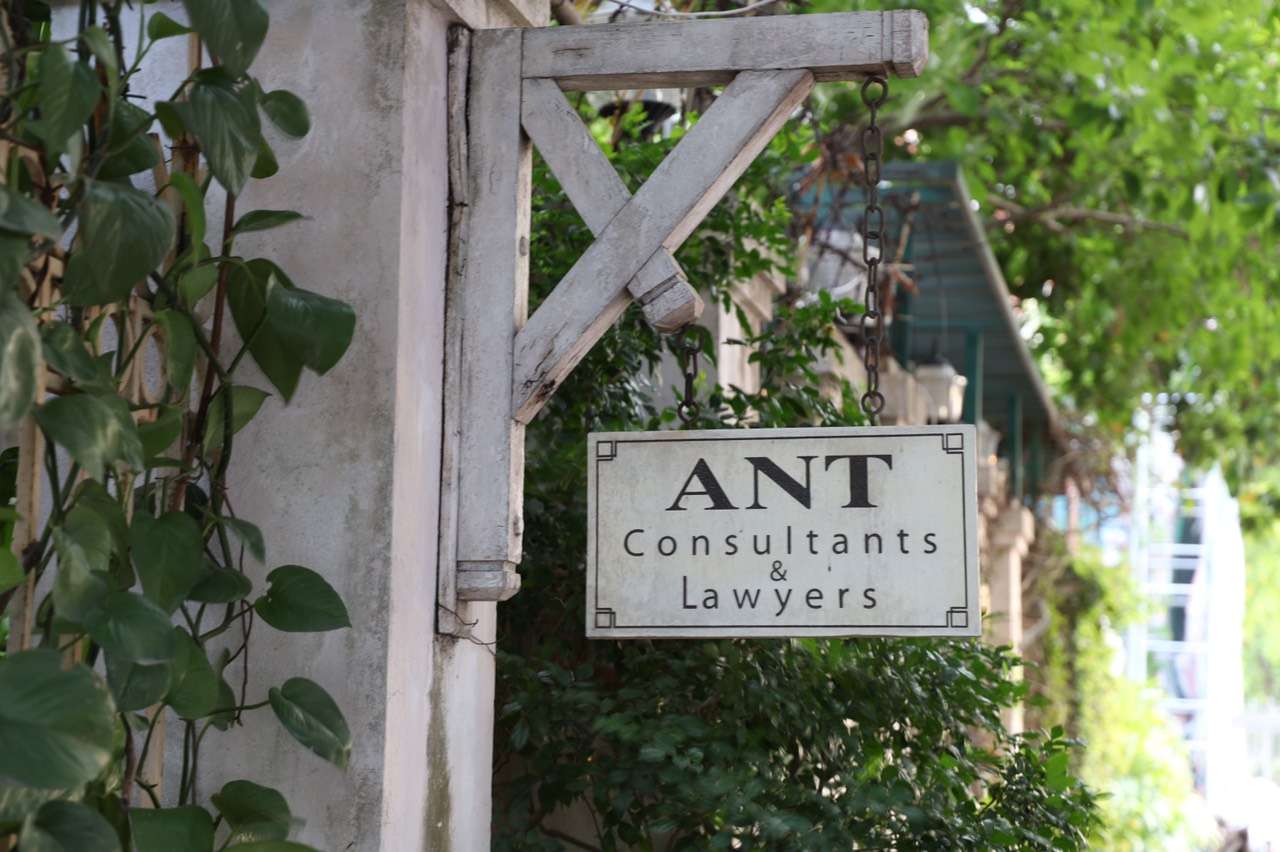According to Law on
Intellectual Property in Vietnam, industrial property rights means rights
of an organization or individual to inventions, industrial designs, designs
of semi-conducting closed circuits, trademarks, trade names and
geographical indications, trade secrets which such organization or individual
created or owns, and the right to prevent unfair competition.
Accordingly, these
rights may be transferred to other organizations and individuals that are not
creators or owners of those objects. Transfer of industrial property rights
includes two types of “assignment of industrial property rights” and “licensing
of industrial property rights”.
The assignment of
industrial property rights means the transfer of ownership right by the
owner of such industrial property right to another organization or
individual. It means assignor shall have to transfer all the rights of the
industrial property object to assignee and after the two parties complete
the transfer procedure, assignee shall be fully entitled to make decisions upon
that industrial property object. However, when transferring, the parties
should pay attention to the following matters: (i) Industrial property
right owners may only assign their rights within the scope of protection;
(ii) Rights to geographical indications shall not be assignable because this
object is physical and cannot be moved; (iii) Rights to trade names may
only be assigned together with the transfer of the entire business
establishment and business activities under such trade name for instance under
merger and acquisitions; (iv) The assignment of the rights to marks must not
cause confusion as to properties or origins of goods or services bearing such
marks (v) Rights to marks may only be assigned to organizations or individuals
who satisfy conditions for persons having the right to register such marks.
Licensing of industrial
property objects means permission by the owner of such industrial property
object for another organization or individual to use the industrial property
object within the scope of the owner’s right. Unlike assignment, licensing
of rights is when the owner of industrial property object temporarily grant
rights to other organizations and individuals to use their industrial property
objects for a definite period of time. Licensing of industrial property rights
also has certain restrictions such as (i) The right to use geographical
indications or trade names shall not be licensable; (ii) The right to use
collective marks must not be licensed to organizations or individuals who are
not members of the owners of such collective marks; (iii) The licensee must not
enter into a sub-license contract with a third party unless allowed by the
owner; (iv) Mark licensees shall be obliged to indicate on goods and goods
packages that such goods have been manufactured under mark license contracts;
(v) Invention licensees under exclusive contracts shall be obliged to use such
inventions in the same manner as the invention owners.
Accordingly, the parties
need to understand the purpose, scope and object of transfer of industrial
property rights, and thereafter sign corresponding agreements being being
assignment of industrial property rights or
licensing of industrial propertyrights. Copyright, trademark,
patent lawyers could be of help to provide consultancy and legal advice to
ensure the rights and obligations are clearly spelled out to avoid potential
dispute in Vietnam during the transfer of industrial property rights.
If you
are looking for an IP attorney, but are concerned about the typical costs
associated with the traditional legal search, you should visit ANT Lawyers
where we work to trim those costs. We will match you with an experienced IP attorney in Vietnam for a free, no
obligation consultation.
Hope
this helps!


























.jpg)
.jpg)
.jpg)

.jpg)
.jpg)


